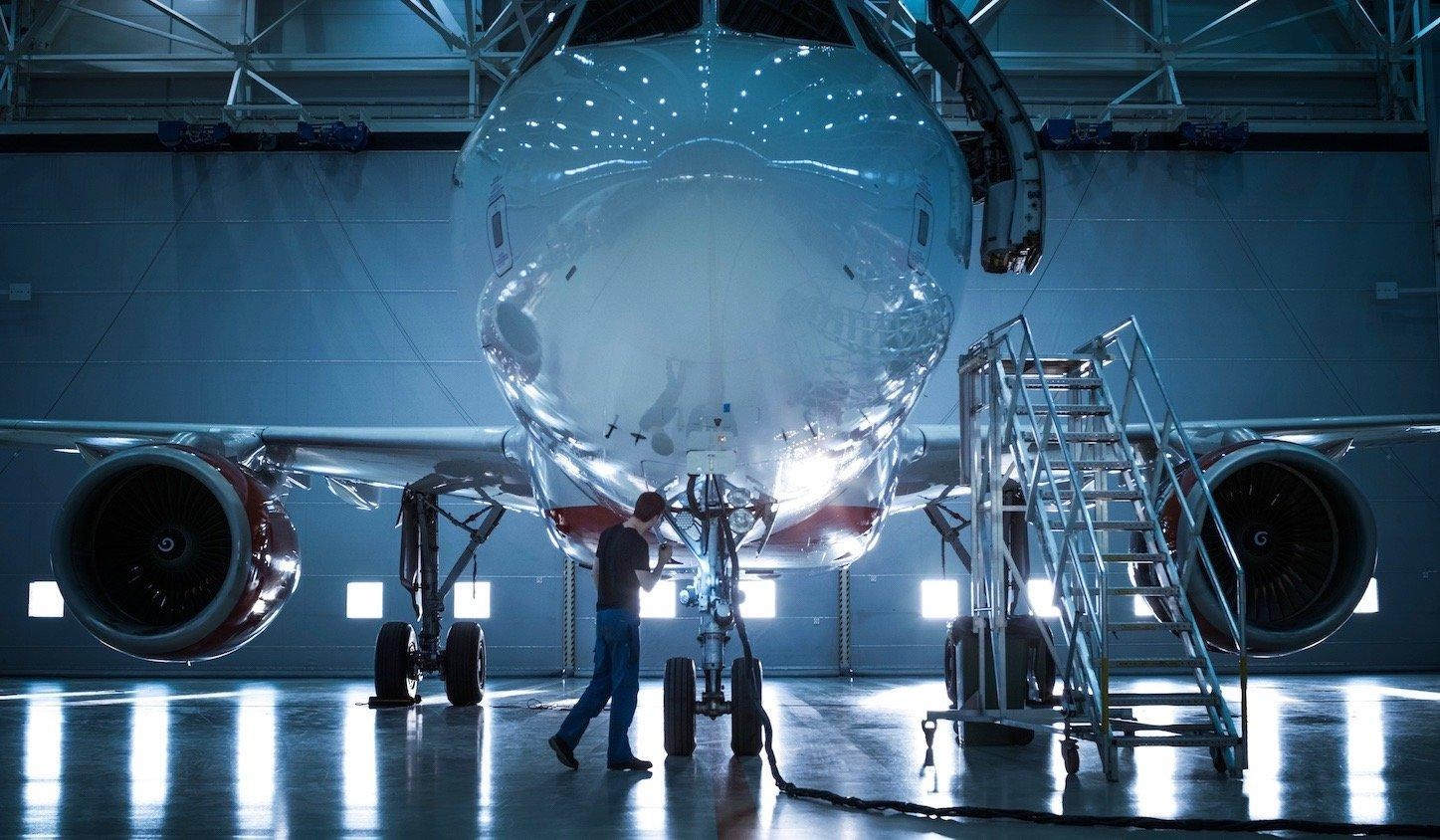AeroGenie — Your Intelligent Copilot.
Trending
Categories
Engine Manufacturers Focus on Durability and Reliability

Engine Manufacturers Prioritize Durability and Reliability Amid Industry Challenges
The aviation industry is undergoing a significant shift as engine manufacturers and operators increasingly prioritize durability and reliability in the development of the next generation of commercial single-aisle aircraft. Airlines and lessors, having faced considerable operational difficulties with current engine models, now place these attributes above traditional concerns such as fuel efficiency and emissions reduction. This change in focus reflects mounting frustration with inconsistent performance and maintenance issues reported across several major engine platforms.
Reliability Issues Across Leading Engine Models
Several prominent engine models have come under intense scrutiny due to reliability problems. GE Aerospace’s GEnx engine, which powers the Boeing 787, has experienced operational challenges similar to those affecting the CFM LEAP engine, widely used on the Airbus A320neo and Boeing 737 MAX. Pratt & Whitney’s Geared Turbo Fan, installed on the Airbus A220, A320neo, and Embraer E2, has also been linked to reliability concerns. Rolls-Royce’s engines, including those fitted on the Boeing 787 and Airbus A350-1000, have faced durability issues as well. The complexity of these challenges is further highlighted by the structure of CFM International, a joint venture equally owned by GE and France’s Safran, underscoring the shared nature of reliability problems within the industry.
Emirates’ Cautious Stance Reflects Wider Industry Sentiment
Emirates Airline’s president, Tim Clark, has been particularly outspoken about these reliability concerns. He has publicly questioned the durability of the GE9X engine, currently undergoing flight testing and intended for the Boeing 777-9. Clark has also cited reliability issues with the Rolls-Royce Trent XWB-97 engine on the Airbus A350-1000 as a key reason behind Emirates’ hesitation to place orders for this aircraft model. The airline recently received its first Airbus A350-900s, powered by the Trent XWB-84, a smaller and less powerful variant. However, even this engine has exhibited durability challenges under the demanding operational conditions of the Middle East, further illustrating the difficulties faced by carriers operating in harsh environments.
Manufacturer Responses and Future Developments
In response to these concerns, GE CEO Larry Culp addressed the issues at a Bernstein Research investors’ conference on May 28. He acknowledged the problems encountered with the LEAP engine and emphasized that the lessons learned are being integrated into the development of GE’s forthcoming RISE open fan engine. This commitment to improving engine performance and reliability in future designs aims to restore confidence among operators and lessors, signaling a strategic focus on overcoming the current challenges facing the industry.

Emirates Unveils Cabin Design for New Boeing 777X

Eighteen Years On, the Airbus A380 Remains Central to a $34 Billion Airline

How a boom in luxury airline seats is slowing down jet deliveries

Navitaire Outage Attributed to Planned Maintenance

DigiYatra Debuts Outside Aviation at India AI Impact Summit

Vietnam Orders Strengthen Boeing’s Commercial Outlook

Airbus Signals Uncertainty Over Future A400M Orders

JobsOhio Awards $2 Million Grant to Hartzell Propeller for Innovation Center

Collins Aerospace Tests Sidekick Autonomy Software on YFQ-42A for U.S. Air Force CCA Program

How the Airbus A350-1000 Compares to the Boeing 777
